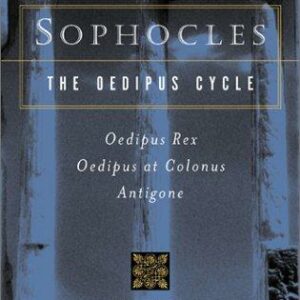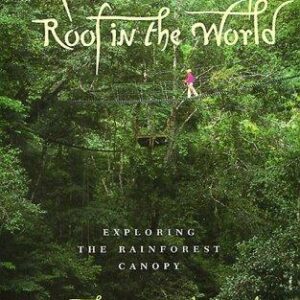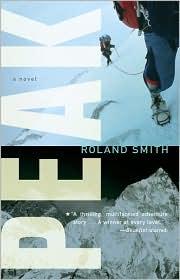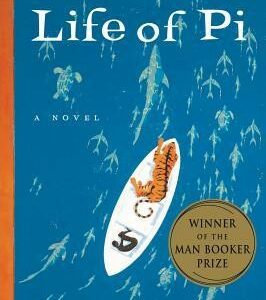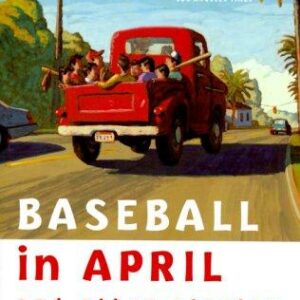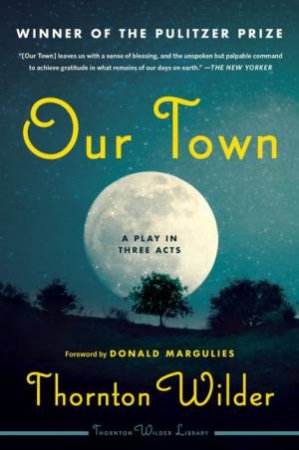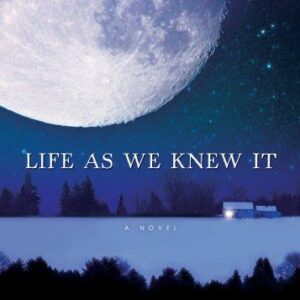Mitka’s Secret
$19.99
| Title | Range | Discount |
|---|---|---|
| Trade Discount | 5 + | 25% |
- Description
- Additional information
Description
The remarkable life story of Mitka Kalinski, who survived seven years of enslavement—while still a child—to a Nazi officer during and after World War II Mitka Kalinski had never revealed his past to anyone. Not even to his wife or his four children.
But in 1981, three decades after it had all ended, Mitka finally broke his silence about the horrors he had endured during the Holocaust and in the years immediately afterward: not only German concentration camps and sadistic medical experiments but also seven years of enslavement in the household of a Nazi officer, “Iron” Gustav Dörr. Having been orphaned before the war, Mitka did not know his origins or even his name. Torture, slavery, and a false name stripped him of his identity entirely. Thus, when he immigrated to the United States in 1951, Mitka seized the opportunity to bury his past and forge a new life. He lived the American life in all its fullness and moved to Nevada with his beloved wife, Adrienne, and their children. But the secret he carried became an increasingly heavy burden, preventing wholeness and healing. This is Mitka’s account of facing the past, confronting his captors, connecting with lost relatives, and finding peace in the rediscovery of his origins. For Mitka, this also meant reclaiming his Jewish heritage—a journey that gave him a new sense of purpose and freedom from the lingering effects of trauma that had filled his life to that point. By the end, Mitka’s Secret is less a story of survival and more one of redemption and transformation—from hidden suffering to abundant joy. Publishers Weekly “Mitka’s remarkable story harrowingly demonstrates the horrors and personal repercussions of the Holocaust.”“For us to make ‘Never Again’ a reality when it comes to horrors like the Holocaust, we must read and remember inspiring stories like this. I recommend this book to all who want a more intimate knowledge of human history and to be moved by a story of hope and survival.”
— Eboo Patel author of Out of Many Faiths: Religious Diversity and the American Promise “Mitka’s Secret is very different from any Holocaust book I have ever read. The horrors of the first part are very painful to read, but after that it becomes a fascinating tale of how one can recover from the most horrendous experiences when you have a loving partner by your side. It also has a beautiful ending when the hero of the story finds his roots, his family, and his faith.”
— Eva Schloss Holocaust survivor, humanitarian, and speaker
stepsister of Anne Frank and author of Eva’s Story “A most powerful life story of a child survivor of the Holocaust and his way from a children’s home in Ukraine to America. This book demonstrates that child survivors were not only passive objects of German crimes but also active individuals. After Mitka had somehow survived the shootings in the East and had managed to stay alive in different camps, he was taken to Rotenburg an der Fulda. While Mitka’s memory before arriving in this small German town at the end of 1942 is marked by a few blurred flashbacks only, it now changes into a coherent and detailed narrative about life as a child forced laborer in Nazi Germany, the lifelong impact of trauma, and the healing process of telling this incredible story.”
— Johannes-Dieter Steinert author of Holocaust und Zwangsarbeit: Erinnerungen jüdischer Kinder 1938–1945, winner of the 2020 Yad Vashem International Book Prize for Holocaust Research
“Mitka’s life is the ‘journey of a soul’ filled with tragedy yet transformative enough to inspire and seek the truth.”
— Rabbi Anchelle Perl Chabad of Mineola, New York
“Millions of children died during the Second World War. They died from the ordinary violence of war as well as the starvation and disease that follow in war’s wake. Millions of those children were Jewish. But they were murdered by cold calculation based on a racist ideology that persists to this day. They were shot, burned alive, hung, starved, and worked to death. This is the riveting account of a rare survivor of this brutal regime. It is also a story of thriving in a new land, building a life and a family, and then seeking to come to terms with a haunting past. Mitka’s Secret will stay with you, trouble you, move you, and give you hope.”
— John E. Phelan Jr. author of Separated Siblings: An Evangelical Understanding of Jews and Judaism “In this well-written, well-researched story, the reader lives with a solitary little Jewish boy in the house of a German family in World War II, dressed in rags, often bitterly cold, always hungry, doing heavy work in the fields or lying alone at night in the dark, totally ignorant of the outside world. The constant fear of the unknown, the arbitrary punishments, the minuscule pleasures that could brighten a whole day, the complex relationships with his captors are all there, but above all there is the will to survive as an upright man—as he so triumphantly did.”
— Reg Green author of The Nicholas Effect: A Boy’s Gift to the World “To meet Mitka Kalinski and to hear his story, the hurdles and horrors he overcame, is to understand that love once in a while triumphs over hatred—that perseverance, hard work, compassion, and more than a dose of boyish good luck helps one survive a World War. Mitka’s story is amazing and, in the end, beautiful. His ability to forgive, to move forward, to raise a family and build a life in the West is just as profound. His courage to confront the painful past of his youth, to share it all with his wife Adrienne, and to return to the hell from which he escaped so many decades ago—this carries lessons for all of us. We must bear witness; we must never forget.”
— Jacob Wheeler independent journalist in Traverse City, Michigan
“The moment I heard Mitka’s story, I immediately knew I needed to write music for it. How often do you get a canvas like that of Mitka Kalinski’s life? It has been an absolute honor to be involved with every aspect of his life, and this project and getting to know him has made me a better person—more grateful, kinder, and more willing to be patient with others. This is a story that everyone needs to hear, for it will absolutely change the life of all who are touched by it for the better.”
— Jordan S. Roper film composer and creator of the symphonic composition “My Name Is Mitka”
Steven W. Brallier is both a collector and a teller of stories, qualities he developed in his childhood on the western highlands of Kenya. After life in Kenya, Steve had a long career in the entertainment industry as a promoter, agent, and writer, which exposed him to many people with amazing stories. None was more compelling than Mitka's. Almost immediately a deep trust developed between Steve and the Kalinskis, a trust that provided the essential foundation for the powerful story that is Mitka's Secret.Joel N. Lohr is president of Hartford Seminary, a leading interfaith graduate school. He is an award-winning author, scholar of religion, and passionate leader in interreligious relations and higher education. His teaching and research have focused on the Bible, specifically the Torah (or Pentateuch), as well as Jewish- Christian relations and dialogue. He has published ten books, with both academic and popular publishers.
After receiving her PhD in 1991, Lynn G. Beck held faculty positions at UCLA and the University of Alabama before becoming academic dean at Pacific Lutheran University and the University of the Pacific. She is the author or coauthor of eight books and a number of articles and has had leadership roles on national, state, and local boards.
Table of ContentsPreface
Part One: Slavery
1. Kinderheim: Bila Tserkva and Kiev, 1939–1941
2. Camps: Birkenau, Buchenwald, Dachau, and Pfaffenwald, Autumn 1941–Winter 1942
3. Iron Gustav: Rotenburg an der Fulda, December 1942
4. Moly: Rotenburg an der Fulda, 1942–1943
5. The Voice: Rotenburg an der Fulda, 1944
6. A White Flag: Rotenburg an der Fulda, Spring 1945
7. Amis: Rotenburg an der Fulda, 1945–1949
8. Bad Aibling: Bad Aibling, 1949–1950
9. Demitro: Bad Aibling, 1950–1951
Part Two: Secrets
10. America: The Bronx, February 1951–1952
11. Tim: Baltimore, 1952–1953
12. Adrienne: North Tonawanda, 1953
13. Marriage: North Tonawanda and Lockport, 1953–1959
14. Heading West: Reno and Sparks, 1959–1963
15. The Sixties: Sparks, 1963–1969
16. The Seventies: Sparks, 1970–1981
Part Three: Redemption
17. The Phone Call: Sparks, 1981–1982
18. Citizenship: Sparks, 1982–1984
19. Back to Germany: Rotenburg an der Fulda, Early November 1984
20. Fobianka: Rotenburg an der Fulda, Late November 1984
21. “My Brother”: Sparks, 1997
22. Reunion: London, Summer 1997
23. Bar Mitzvah: Mineola, Long Island, 2001
Afterword
Additional information
| Dimensions | 1 × 6 × 9 in |
|---|


